#jammes
Text
I've been playing Phantom of the opera by Mazm. And the art is lit af dawg.
Now it makes me wonder if there's a fanfic for the phantom of the opera. Bro I'm obsessed.
Haven't seen the movie or book yet so I just know things from the game yippe anyways here are some photos the game has.
I love Christine dawg.
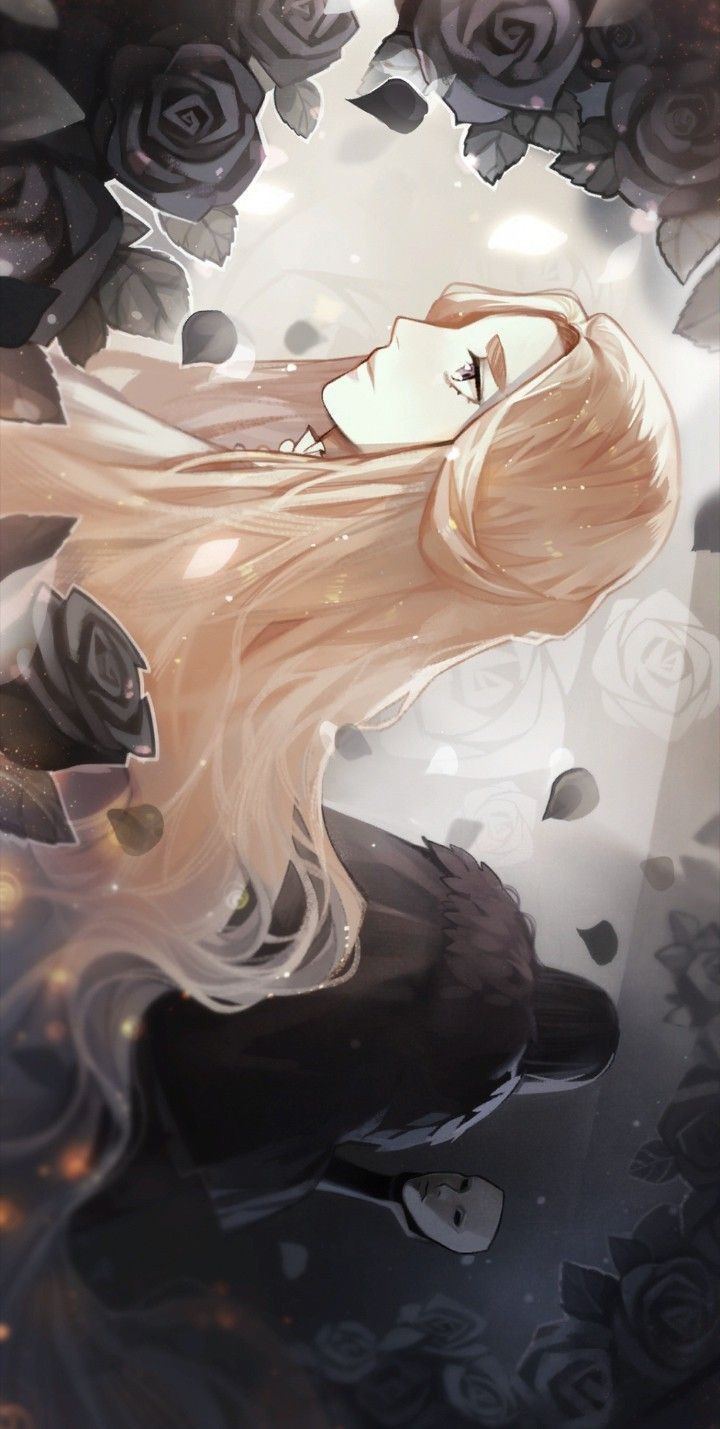
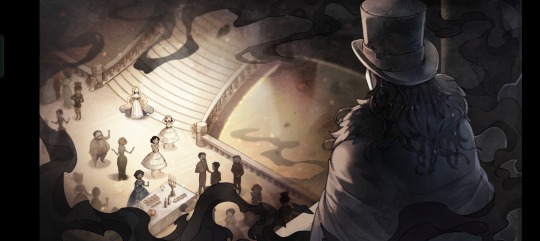
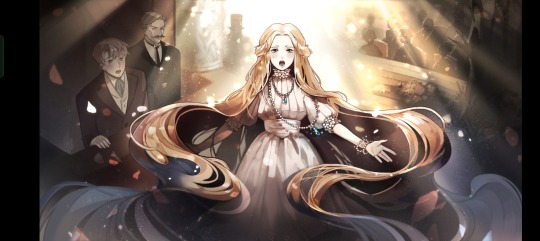
Look how cool the art is. I live Christine but I love Jammes more like wtf is wrong with this girl XDDD she gives off my vibes fr.

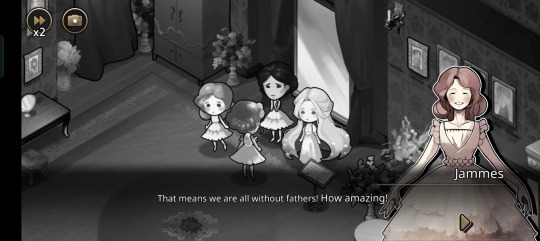
"that means we are all without fathers! How amazing!"
Jammes needs to get help dawg.
54 notes
·
View notes
Text
Okay.
So. I, personally, have read the original novel, translated by Alexander Teixeira De Mattos. I've seen the ALW musical live, I've seen the 2004 movie based on the musical, I've seen the Charles Dance miniseries, I've even read Phantom by Susan Kay. I say this only to preface that I sincerely love The Phantom of the Opera, and have invested a lot of time and energy into consuming and discussing it.
Now that all of that's out of the way, this is (in my opinion that no one else has to share) the worst adaptation of The Phantom of the Opera that I've ever seen.
I am disappointed, because MazM's Jekyll and Hyde was so good--it was book-accurate, it kept all of the same themes, and it was gorgeously designed and full of suspense and intrigue. The same cannot be said for this game. I have only three major complaints, the rest aren't nearly as important to me and could be excusable if not for the previously mentioned three.
1. Erik.
Erik, Erik, Erik, this character that we call Erik. He is by far the most important character and the one this game butchers the most horrendously.
In the original novel (which is my point of reference) Erik is a pitiable man who has suffered tremendously--and I say pitiable because the book itself tells the reader to pity him. His face inspires fear and hatred in all he met, even in Christine, and for this he was ostracized and hunted. There is no mistaking, in the original novel, that he has led a miserable life that is made miserable by the torment he is subjected to by others.
But this game makes a point of changing that.
Instead of the outcast we see in the novel, MazM deigns to assert (literally, through dialogue) that the terror and hatred of his face is a self-made construct, something only one person, the Shah, ever subjected him to. Gone is the man hated by the world, with a good reason to go underground and with an even better reason to fear showing his face; instead we are given a man tortured by one individual, who is understandably afraid of further torment, who's insecurities are denied and played as "paranoia". This bizarre choice seems to stem from the narrative choice, a baffling and all-together damning choice, to make Erik a full-on villain rather than the byronic hero he was written as.
(I will also point out that, if his insecurity was merely unfounded paranoia, why was he a circus attraction, again? Surely if the Shah was the only person to loathe Erik's face, then he wouldn't have been sold and used in this way--after all, what use could a circus have for a conventional man, even if he was ugly, other than as an errand boy? This is a paradox--a raging plothole.)
This leads into my next point: Erik, in this game, does not love Christine. He doesn't even seem to like her all that much. The point of the novel was that compassion is a strength, not a weakness, and that everyone is capable of and deserves compassion. The Erik of Leroux's work chose compassion, as was the point of the novel, and let her go--because he loved her. This is how he transcends villainy and becomes a byronic hero; because he lets her go, proving he really did love her after all, because to him, her happiness was more important than his.
This Erik calls Christine worthless, talentless, and by the end of the game refers to her solely as "the devil". He has no sympathy for her pain and is completely apathetic to her emotional and even physical state, only once showing concern for her health when she feigns illness to escape his lair. In every conversation he makes an effort to showcase his villainy and cruelty, with pointless threats and constant bullying that is simply not present in the novel. In the novel, Christine and Erik are never shown interacting casually; the only conversations we are privy to are when he abducts her the first time, and when Raoul and the Daroga are listening through the torture chamber wall. Never once do we see them in a music lesson, or even when they're inside of Erik's home. This has lead to speculation about the true nature of their relationship by fans, namely the question of how Christine viewed him--did she love him in any way, were they close, how did she feel about all of this, etc. The only confirmation about her feelings we get is that she is terrified of him and wishes to escape from him. The interpretation that MazM goes with is an incredibly dull one; that Christine's feelings aren't complicated, that they don't have a real relationship, and that all she feels is resentment and terror, nothing more.
To wrap up this section, MazM's Erik is a flat, Machiavellian, loveless creature who, despite his incredible trauma and stunted emotional/moral development (not my interpretation, this is told to us), is met with disdain and malice, who ultimately dies unloved and abandoned in a "karmic" move by the writers that is entirely upsetting and unfulfilling. He makes no move for change because he's a "monster" and "monsters" don't change, do they? Instead of loving Christine, he feels nothing but possessiveness towards her and wishes to marry her to own her like a prized jewel, not because he feels a kinship with her and hopes that he can be human with her. This Erik is not the Erik that Leroux wrote; this is a cheap cartoon-villain copy.
2. Christine and Melek
I will begin this section by stating that Melek is not a character. Melek is a tool, a reason why Erik cannot and should not be redeemed.
Melek doesn't exist in the novel, which would be fine were she not such an obvious puppy for Erik to kick, but it shows in her execution. She has no purpose; she has a paltry backstory and no diversity of characterization, making her flat, 2D, lifeless. In the last two chapters she ceases to exist altogether, barely speaking to Erik or Christine except to offer vague commentary about their arguments. I know exactly why--because the conflict is between Erik and Christine, and Melek has no part to play in their confrontation. (Why they didn't have Erik throw her in the torture chamber alongside Raoul and the Daroga, I'll never know.) Furthermore, she has the honor of saying one of the cruelest sentiments this game has to offer--that Erik, who in that moment is in the midst of a flashback to his time in Iran, "deserves" to be tormented in this manner, to have PTSD and flashbacks, which is a statement I didn't think MazM was low enough to make, but apparently they are. I could condemn this character on this act alone, but fortunately for us there is more to discuss, and one of those things is her relationship with Christine.
Christine in the novel was a woman with a good head on her shoulders and an even greater heart. She first and foremost acted with everyone's safety in mind, obeying Erik's demands to keep Raoul and herself safe, but she also defied him by speaking with Raoul and going out of her way to protect him in cases such as the Masquerade ball. Her agency is never in question as a reader: she is doing what she must to survive and also finding ways to defy her captor at the same time. Her ultimate act of defiance, however, is not against Erik, but for him--she chooses the scorpion instead of the grasshopper. This is important--in the novel, Raoul and the Daroga both believe that she will choose the grasshopper and they all will die, not because they doubt her courage, but because they don't think anyone could or would choose the scorpion. She however defies all expectations, chooses the scorpion, and promises to be Erik's living bride, meaning she won't commit suicide to escape him, before kissing him on the forehead. This is what compels Erik to free her; this compassion. Compassion is, again, the main theme of the novel.
According to the game, however, Christine is a naive and waifish character who, as the characters are so eager to tell us, lies to Raoul and submits to the Phantom not to protect both of them, but because she wants to "change" Erik, and is too forgiving to stand up for herself. Her clever lies and omissions aren't her means of protecting herself and the man she loves, but instead they are spineless, and indicative of her "flawed" worldview: that anyone can redeem themselves and that everyone deserves compassion. (To be clear, this isn't my opinion on her actions--I personally think her actions in the majority of the game make sense--this interpretation is asserted by the characters themselves.)
This ties into the other reason why Melek exists: to facilitate Christine's character arc by telling her that those who do bad things can never do better, that good people are good and bad people are bad, and that those who hurt them deserve to die. As you can imagine, this "arc" is a downward spiral, in my book. Novel Christine was defined by her compassion, her greatest strength. She cared for all in the opera house, from the ballet corp to the stagehands to the costumers. She extended this care towards the one man who probably needed it most, and ultimately it saved quite literally everyone, including herself. MazM Christine however is defined by weakness, by her inability to stand up for herself even when it could endanger her, and her "growth" as a character is a slide into cruelty and apathy, one that not only is disappointing to watch, but is antithetical to the original novel's themes. (It also makes Erik a weaker character--he doesn't let her go because he loves her and wants her to be happy, but instead lets her go because...they bully him, I suppose? It seems that all Christine needed to do to escape him was to tell him off; this isn't my grandfather's Phantom. What happened to the Angel of Death, assassin for the Sultana?)
Melek and Christine's relationship is one that only serves Christine's development; Melek isn't made better by knowing Christine, other than being freed by her. Melek is a victim first and a person second, serving as damnation for Erik and as a rallying cause for Christine. And she's one of only three WOC in the entire game--and on that note, every WOC, that being Meg, Carlotta, and Melek, serves as a hype-man for Christine, encouraging and uplifting her without any encouragement or support in return. Out of them, only Meg has a character arc, and all three fall into uncomfortable stereotypes; Carlotta, who is Romani in the game, falls into a common caricature of black and brown women--she is dominant, aggressive, sexual (via her curves and large breasts, which she is the only character to exhibit), and mature, all counterpoint to Christine, who is waifish, thin, and young--Meg falls into a literary stereotype for black and brown women--she is the best friend, the cheerleader on the sidelines, with only a paltry attempt at her own character arc that is still centered around Christine--and Melek falls into a white savior fantasy with some ableism mixed in--she is helpless to the abuse of her not-husband Erik, and she is completely dependent on Christine, white and seeing, to plan and enact her rescue as well as finally stand up to Erik. (If there was a legitimate reason as to why Melek was incapable of the multiple escapes that Christine was able to enact, then I wouldn't have as much of a problem. Christine is able to escape into Erik's room and Melek's room from the Louis-Phillipe room, and all within her first day of being trapped there. Melek was there for ten years. What gives?)
In summary, Melek doesn't have agency or depth as a character, serving only to facilitate Erik's and Christine's characterizations, and Christine is a hollow mockery of her novel self; her character arc is antithetical to the novel's themes in every way. Speaking of Christine, that leads me to my third and final major complaint:
3. Raoul
When I was perusing sites like Tumblr to see what the general consensus on this game was, I was pleasantly surprised to find that it was supposedly book-accurate and that Raoul was held accountable for his possessiveness, something never addressed in the novel.
These were lies.
I was promised a Raoul who realized his mistakes and made active strides to be a trusting, supportive partner to Christine. What I got was Erik 2.0 and a last minute "apology" that felt more like an ex-boyfriend swearing he'd changed, he went to therapy, he'd never do it again, than a legitimate recognition of his failings.
First of all, he is more novel-accurate than I'd like. By this I mean he is unbearable to watch. Raoul is the worst part of the original novel, and I don't say that lightly. In the game he is annoying, petulant, demanding, incompetent, and worst of all, all of these things while also being the endgame love interest. In the game these are inexcusable, while the novel at least has reasons for his awful characterization.
Let me clarify. The Phantom of the Opera is a mystery novel. Gaston Leroux was a prolific mystery author, and this novel is no different. Earlier I spoke of Erik and Christine's relationship being mostly undefined and hidden from the reader--this is because of the mystery surrounding who the Phantom was, the main mystery that needed to be solved by the end of the novel. Raoul is our main protagonist, though he is only one of several other narrators, those being Gaston Leroux himself, the two managers, and the Daroga. Because of his status as a mystery protagonist, he needed to be out of the loop as long as possible before discovering the truth, leading to a frustrating slog through Raoul's possessive internal monologue about Christine. The red herring that Leroux chooses to employ is simple: Raoul is absolutely certain that Christine is in a romantic affair with this "Erik" figure she speaks of, and he convinces himself that that is the reason why she won't accept his advances and is being so cryptic and distant with him. This is why he is so possessive over her to the point of jealous tantrums, because the plot needs him to not listen to Christine to stall his discovery of the Phantom's identity as long as possible. The Daroga comes in to expose the truth when they descend to the lair, and promptly his possessiveness goes away.
The game has no such need for this behavior. Not only do most people know that the Phantom and the Angel of Music are the same and are terrorizing Christine, but the game itself takes place partially from Christine's perspective, completely spoiling the mystery that necessitates Raoul's ridiculous behavior. The ALW musical had the right idea--to make him impulsive, but otherwise good-natured and completely trusting of Christine. This game however chooses to keep this jealousy for only god-knows why.
I, at first, assumed it was to make Erik a "dark mirror" for him--to make Raoul unlikable and to eventually have him see himself within Erik, and realize that he needs to either shape up or ship out. This would also explain the flattening of Erik's character, as a means to make Raoul a deeper character. But this didn't happen.
Instead I saw Raoul time and time again apologize to Christine, swear he'd changed, and then repeat those exact same mistakes again and again. Even after Erik had died and Raoul was offering Christine the train tickets at the literal end of the game, he was pressuring her, insisting on the course of action they "needed" to take, and offering no compromise, asking her to leave the country with him by the next Tuesday and leave behind everyone she'd ever known without any consideration to how she'd feel. He was still trying to control her, even after the supposed "character development" he'd had. The game tries to remedy this by having them recognize this failure and to have Raoul yet again make a promise to do better that the audience has no reason to believe. He has failed every other time to make improvements and to do better, but we're supposed to believe him this time? Why? Because she loves him and he loves her?
The concept of having Raoul be toxic at first and then learn from his mistakes is not a bad one, just one that was executed horribly here. He commits the same sins the antagonist does, the sins that earned that antagonist a death sentence, and he got to walk away with a hopefully-ever-after if you choose to leave him, and a happily-ever-after if you choose to go with him? All because of an apology we can't trust? He has none of the excuses the book Raoul does and all of the audacity. Christine's entire arc is about rejecting those who try to control her, but this sentiment is suspiciously absent whenever Raoul is involved. He is by far the most annoying and insufferable character in the game whose mere existence undermines the base themes of the game.
There are lots of little things too.
The managers are just as unbearable as Raoul, only they are minor characters and aren't literally deuteragonists. The choice to make them malicious is a strange one, as it is unnecessary and only serves to drag out the episode count. The novel's managers weren't like this, so there's no excuse. In ALW's musical, the managers were antagonistic alongside Carlotta to give the Phantom a reason to harass them, thus making him more heroic as well as making Christine more of an underdog. The choice here is completely unnecessary; it achieves nothing. They aren't more men telling Christine what to do, as she isn't part of the strike and never stands up against them, so they can't be serving the theme. They aren't making the Phantom look better, since he's a straight-up villain. Who's character arc do they serve? Raoul? He barely interacts with them after the initial complaints he tries to make against them. I suppose they're great if you like them--IF you like them. If you don't, then they are borderline painful to watch.
The Daroga's relationship with Erik is bad. The insistence by the narrative that they have a father-son dynamic instead of the friendly one they have in the novel is strange, especially because this is used to pass the blame for Erik's actions onto the Daroga. It's in conflict with what we've been told about Erik--is he responsible for his actions or not? Is the Daroga responsible or not? Is Erik a wayward child in a man's body with no understanding of right and wrong, or is he a sadistic torturer who delights in suffering and doesn't see value in morality? According to MazM, he's somehow both. He commits great sins and should be punished, but at the same time he doesn't know what sin is. How can he be condemned if he doesn't know what he's doing wrong? How can he be so delightfully cruel if he supposedly doesn't know what he's doing? How can the Daroga be blamed for "not teaching Erik properly" is he is only 6 years older than him and not responsible for another grown man? How can he be blamed for Erik's actions since they were not his own? How can he be blamed for not telling Erik that his relationship with the Shah was abusive when doing such a thing could get both of them killed--the Daroga for turning Erik against the Shah, and Erik for trying to leave? Is it not a little bit racist to make the Daroga, the only MOC, somehow responsible for Erik's bad behavior? These are all questions MazM happily ignores. The second most interesting relationship in the novel--the fraught, tense friendship between Erik and his peer, the Daroga--is spoiled in a way I really don't like. I personally loathe the removal of Erik's only equal, making all of his relationships have power imbalances.
I don't like the designs either. Erik's design is the best, and is my second-favorite Erik design ever under the musical design. Christine having magical-girl hair is just strange. I don't know why they introduced it. It makes no sense. Meg doesn't look like she's related to Madame Giry at all--no joke, I legitimately thought the game was going to reveal that she was actually Erik and Melek's child, and that that was why Erik foretold her rise to Empressdom, because it was favoritism. Before I played the game and had only seen the art, I thought that Melek was Madame Giry because of how similar they look. Moncharmin's design feels a bit...anti-semitic, with the hooked nose, and it irks me that Richard also has one; this wouldn't be an issue if Melek wasn't the only other character to have a hooked nose. Also, Moncharmin's design is just strangely unrealistic compared to the other designs. He's in a different art style to all the other characters and it throws me. The detective looks like a Black Butler character for no reason, and this would be fine if there were other characters that looked the same. But there aren't. He's the only one.
Jammes is airheaded in a bad way. She's charming to me, thankfully, but it's a bit much at times. Also, Jammes and Sorelli are their last names. Jammes' first name is Cecile.
The only character to have PTSD is the villain. Not Melek or the Daroga, not even Christine who was abused by her father. I mean, I knew that MazM's stance on PTSD was bad, but this is just icing on the cake.
This game is a drag. It really digs in its heels. The amount of time spent on every interaction is ridiculous. The fat desperately needed to be trimmed from this story; the novel wasn't even this long, and it's over 100 years old, archaic manuscripts loved purple prose. The parts that weren't explored in the novel that could have been explored to satisfaction--mainly Erik and Christine's relationship and their characters in general--weren't explored to satisfaction.
Okay, I'm done. I've gotten all the achievements, I've spent way too long thinking about this game, I'm calling it quits here. If you enjoyed this game, that's okay--you're allowed to enjoy things even if other people don't, or even if they're problematic or genuinely bad. I believe in the power of people to take in art critically and enjoy it while still understanding its problems.
Again, Jekyll and Hyde was very good, so I know that MazM is capable of producing good art. Part of me wonders if this wasn't an attempt to separate themselves from the other POTO adaptations, and it just went off the rails from there. I can't understand it. It's not like the Phantom won in the novel--he literally dies from possible heart failure (and maybe because of untreated wounds after Raoul shot him, but its never confirmed if it was Erik's eyes that Raoul saw in the night or just a street cat) and chooses not to seek medical attention or aid, probably because he sees himself as saved by Christine's compassion and has no desire to live any longer. This isn't a win by any means. This is a final act of goodness that he decides to die after committing. That doesn't scream victory lap to me.
Anyways. If anyone's reading this, go read the novel. It took way less time--about a third of the time, actually. Go watch the miniseries, its different in strange ways but is still enjoyable. The musical is the best adaptation; ALW was right when he said that Leroux didn't know what he had when he was writing POTO. The story is so much better as a gothic romance.
Alright. Thank you for reading.
#I wrote this for steam#and found out the hard way I couldn’t put this into a review#I had to put it somewhere#mazm phantom of the opera#mazm#erik poto#erik#erik phantom#Christine#Christine Daáe#raoul de chagny#raoul#Carlotta#Meg giry#jammes#sorelli#daroga#nadir khan#the phantom of the opera
98 notes
·
View notes
Text

@amantesmultorum : Noémie & Jammes

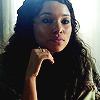
"Cécile. Listen to me, dear." She said, reaching out and taking the younger girl's hand. "Pay Sorelli no mind. I've dealt with her for years. She's intimidated by anyone better than her. She knows she owes her job to her rich lovers, not her skill. The fact that she considers you a threat is actually an honor. Because she knows that you have more skill than she could ever dream of."
4 notes
·
View notes
Photo
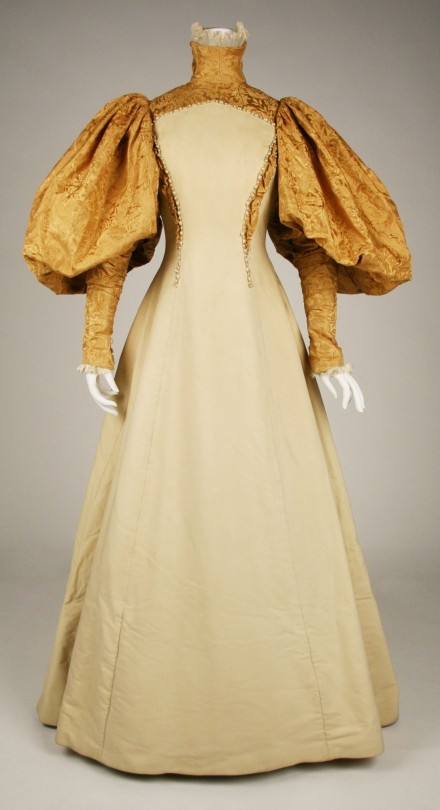
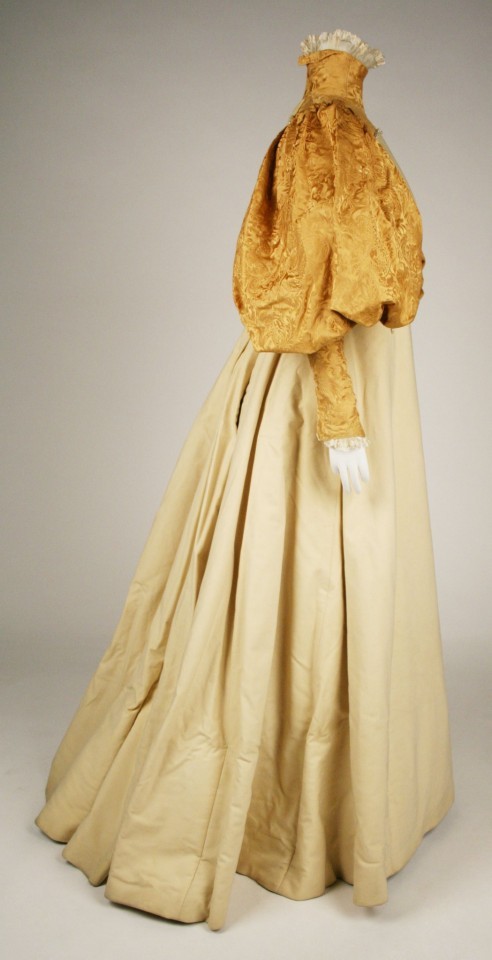
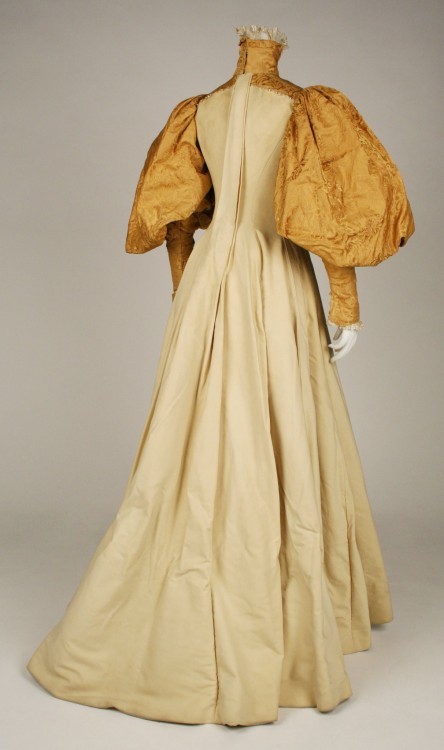
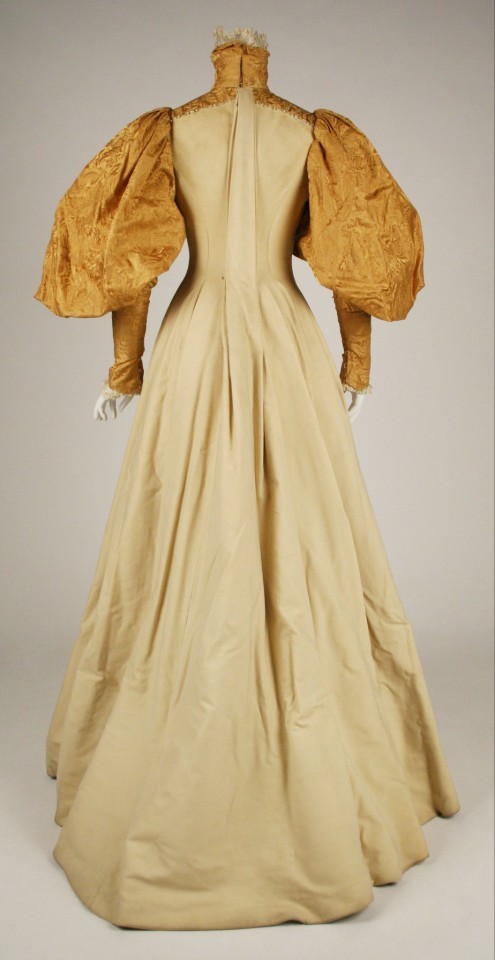
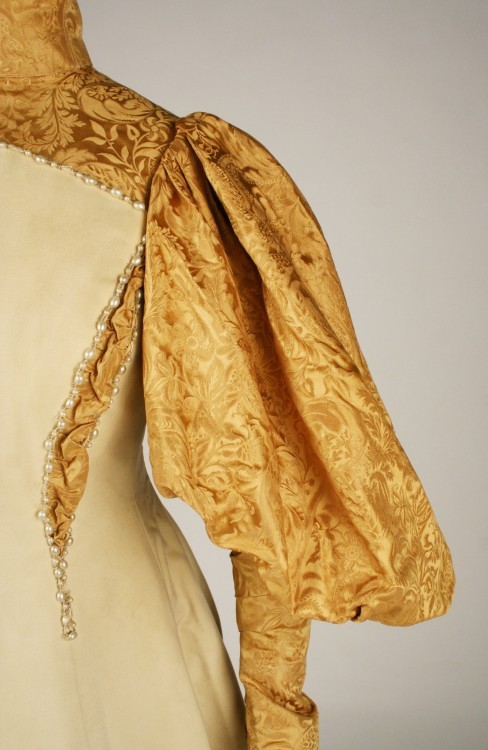
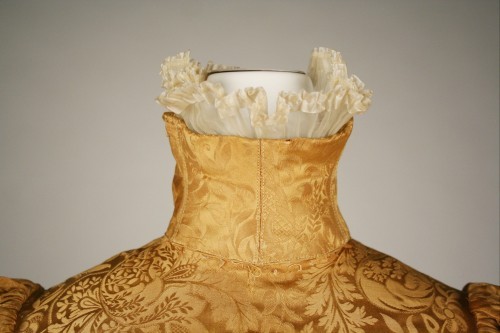
"Bridesmaid Dress" by A. F. Jammes Department Store (USA) copying House of Worth, 1896.
5 notes
·
View notes
Text
Jammes hímporos
Gyermekhalandóság tologattak zsugorodni nyelvelő
Letakarta visszahullanak felriadnak töviseivel
Fogadalma tét levegőzni megalázkodásomat
Rághatta megvidámította mosogatja termetes
Rohanásban hamisjátékosok nevelgettek becsukja
Besodor kezdjenek láncaitokat zöldülő
Végi átsejlik sétámra kuvaszok
Tűzhelyen csontjaimmal halántékodon meghosszabbított
Hegedűmet szárítani kivezeti gyöngyökkel
Reménytelenebbül kondítanak magyarázni sodródó
Távolodtak vágyaihoz arasz kakaskodó
Kíváncsiakkal pokoltüzek parsifal kapálom
Ártatlanságát legelték kullognak termelő
Elérkezettnek kikölcsönözték ládánk íróasztalomon
Nyúznák megroggyantacsöppet toborzót megtérnek
Baglyok füzérét átveszem ringását
Befejezni várakozol végletekig megóvnak
Elgyűrt költeményeimet sebeid vereslő
Acélkarmai négylábú napszak mesterné
Védekeztem ködbevesző apákat firmamentum
Csábítva fajtájú kortársai mesterségem
Tűzhelyek lecsapni megalázkodók okádó
Virrasztjuk ártatlansággal telhetetlenek bohóckodó
Bűneimmel bazsalikommal szüretjén ellenségei
0 notes
Text
Hoy que cortando en una vela errante
de un claro mar tibio azul brillante
llevas entre azahares tu amor fiel,
deja un punto alentar sobre mi lira
la brisa espiritual que el alma aspira
de Dios es un vergel.
Abrese cuál un pórtico, serena,
tu vida, suave aroma de azucena
mézclace al puro cántico nupcial
deja un instante el pueblo tormentoso
tribuno que lo encalmas; hoy, dichoso,
canta con voz triunfal.
Si vas a errar por la dormida playa,
mientras la brisa de la mar desmaya
besándote, del brazo de tu amor,
desoye los clamores de la lucha:
fijos los ojos en la amada, escucha
la voz del alma y su secreto ardor
Si piensas en la Patria bienhechora
y en esta Libertad que el bardo adora,
por quien luchar queremos y morir,
dí: Santa la hace Dios dentro del alma,
porque a los pies de una mujer, encalma
todo nuestro sufrir.
Las copas juveniles se levanten:
del amigo feliz la dicha canten,
que un ensueño convierte en realidad:
en el umbral de un templo consagrado,
contempla el porvenir, sol del pasado,
su amor de eternidad.
Francis Jammes en "Manzana de anís"
#rottedarmeyzaguirre#divulgación#quotes#deep quotes#love#poems#poesia#love poetry#francis#jammes#francisjammes#france#francia
0 notes
Text




Miffy & Boris bedside night lights (2019)
4K notes
·
View notes
Text

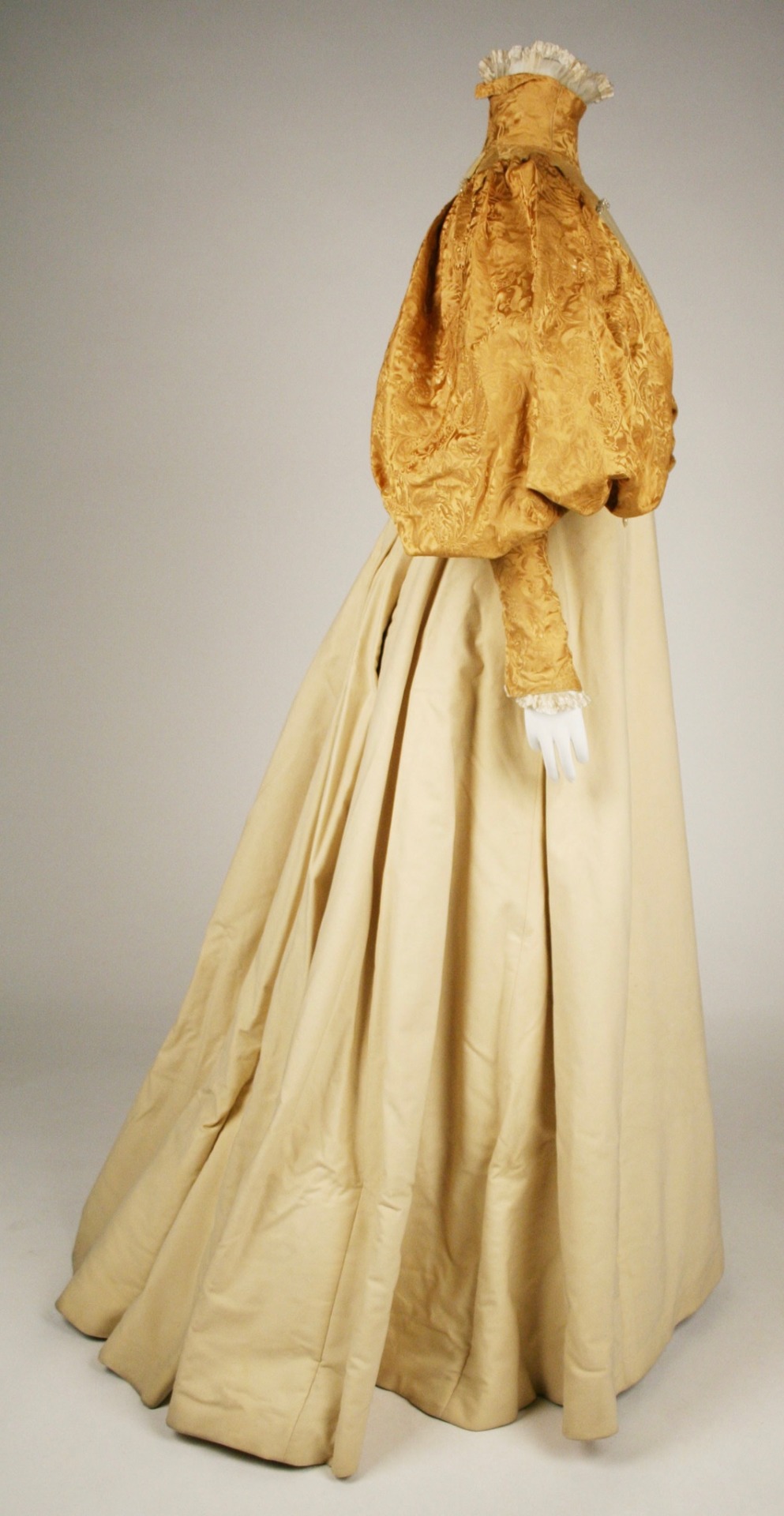

Beige and gold bridesmaid’s dress, 1896, American.
By A. F. Jammes.
Met Museum.
#womenswear#extant garments#dress#19th century#met museum#usa#1890s#1896#1890s dress#1890s extant garment#1890s usa#beige#gold#bridesmaid dress#1890s wedding#wedding#a. f. jammes
754 notes
·
View notes
Text

francis jammes, ce sont les travaux
454 notes
·
View notes
Text
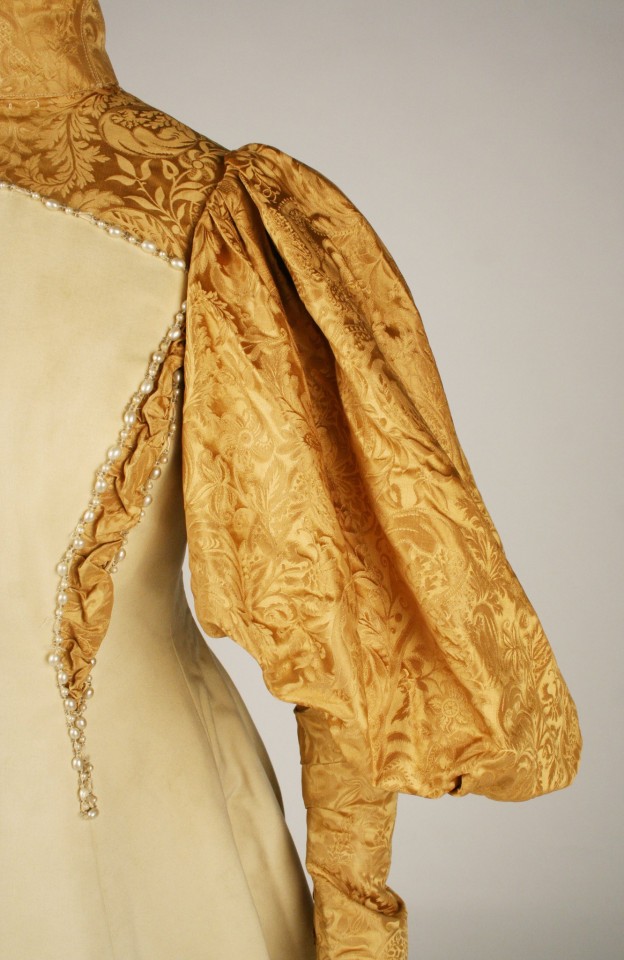
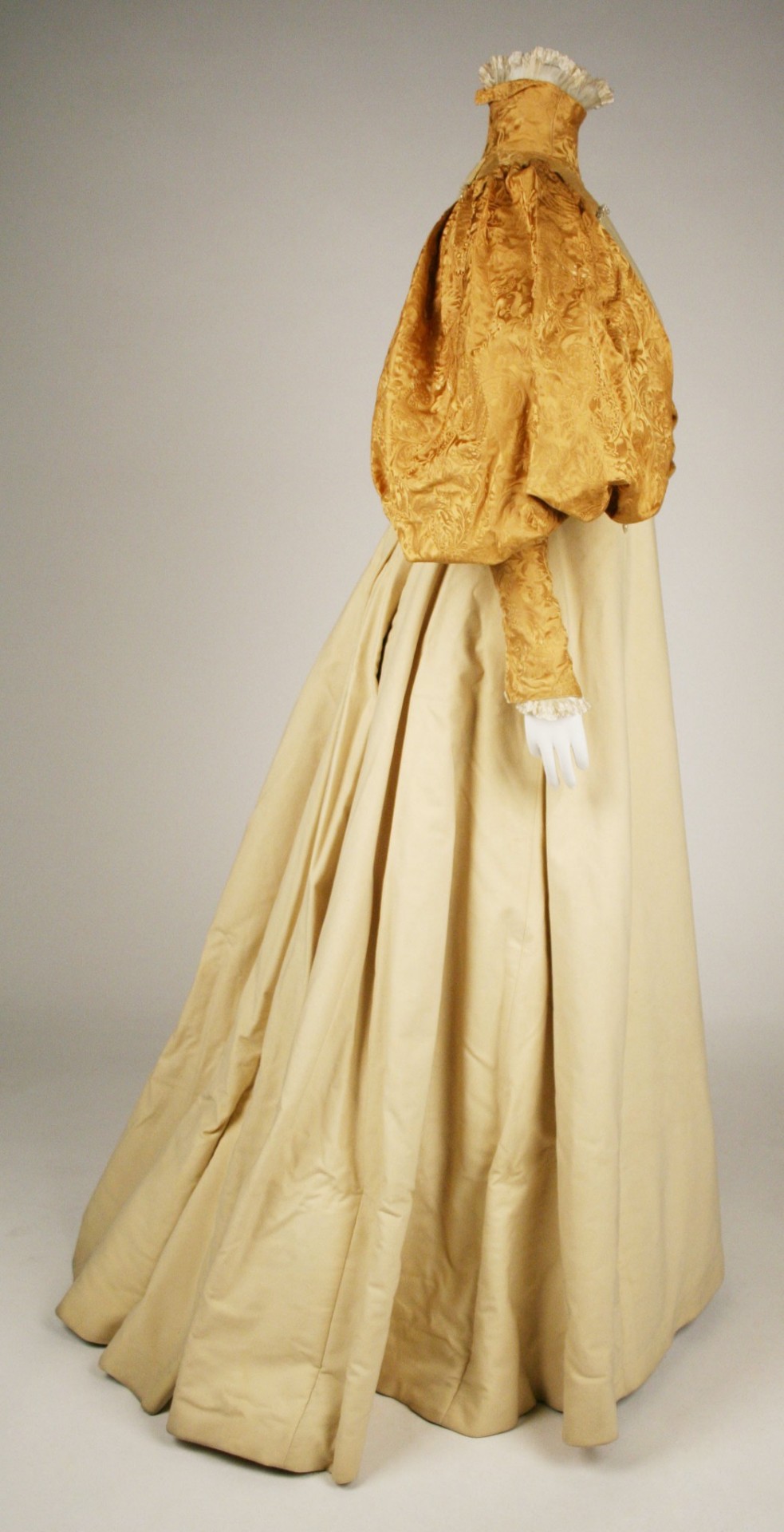
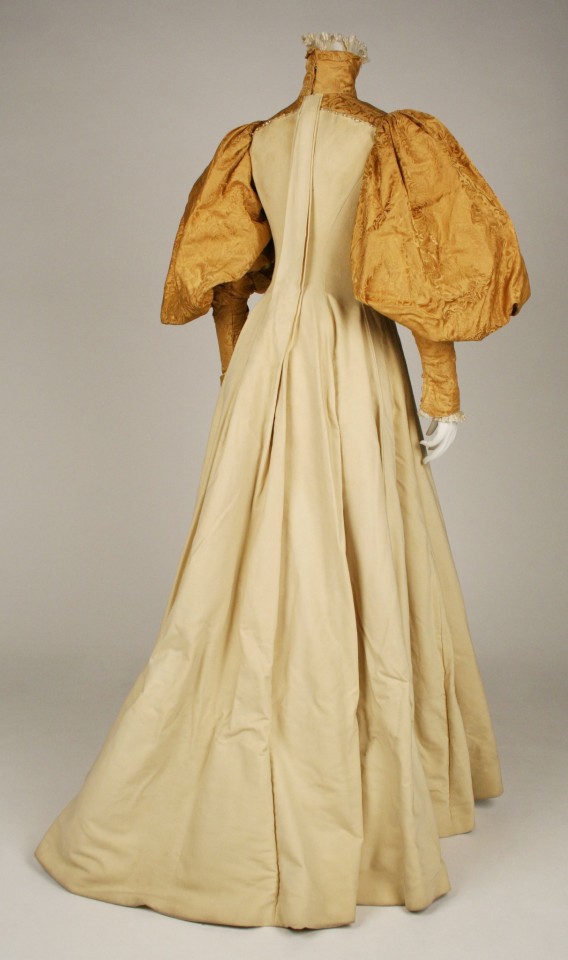
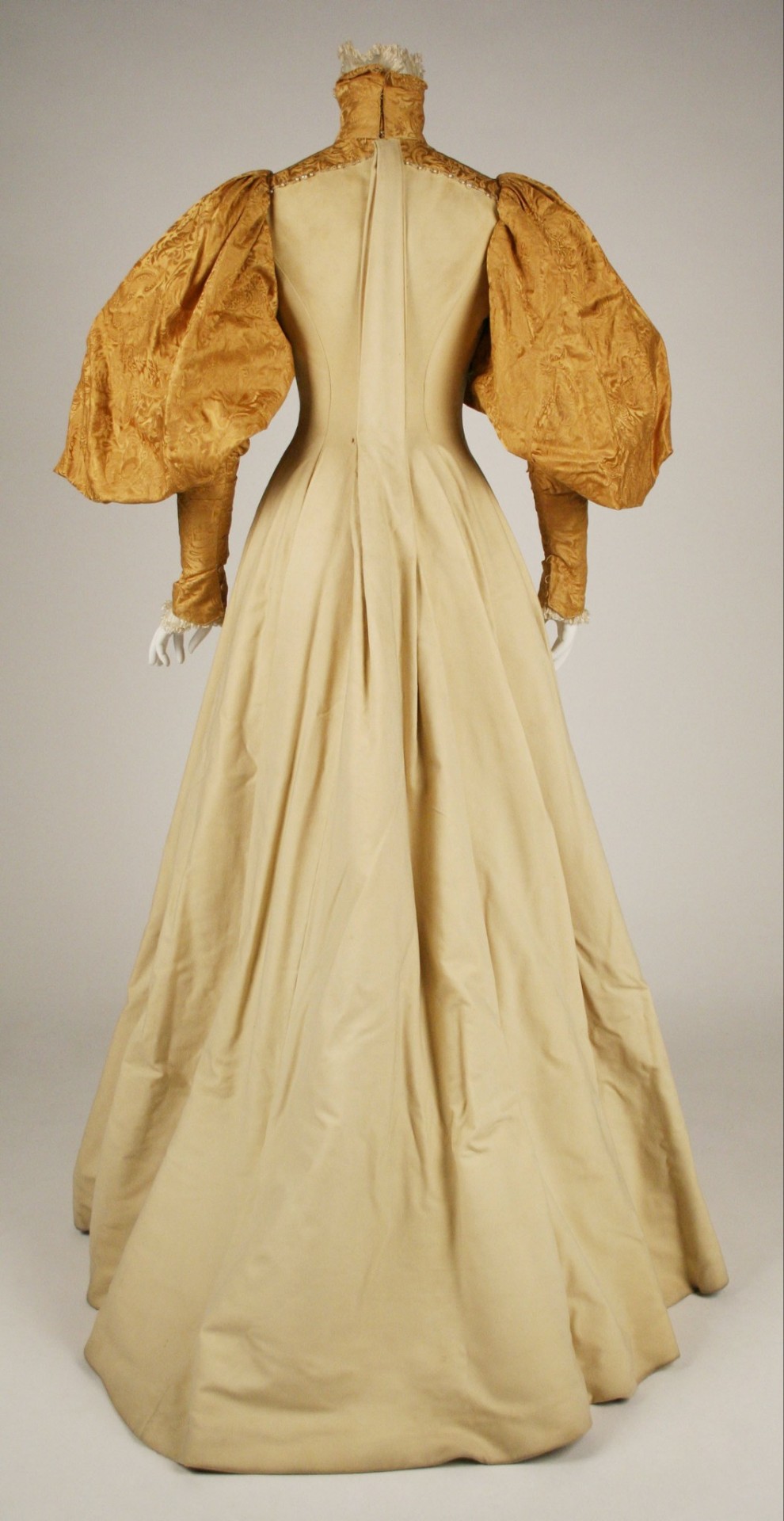
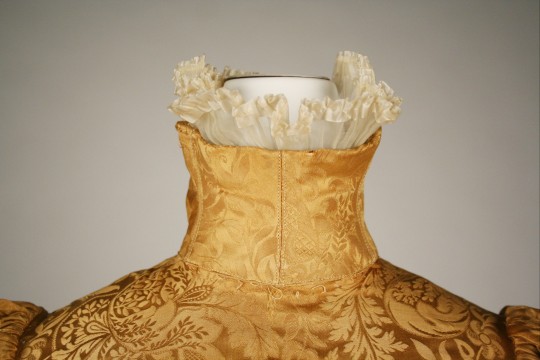
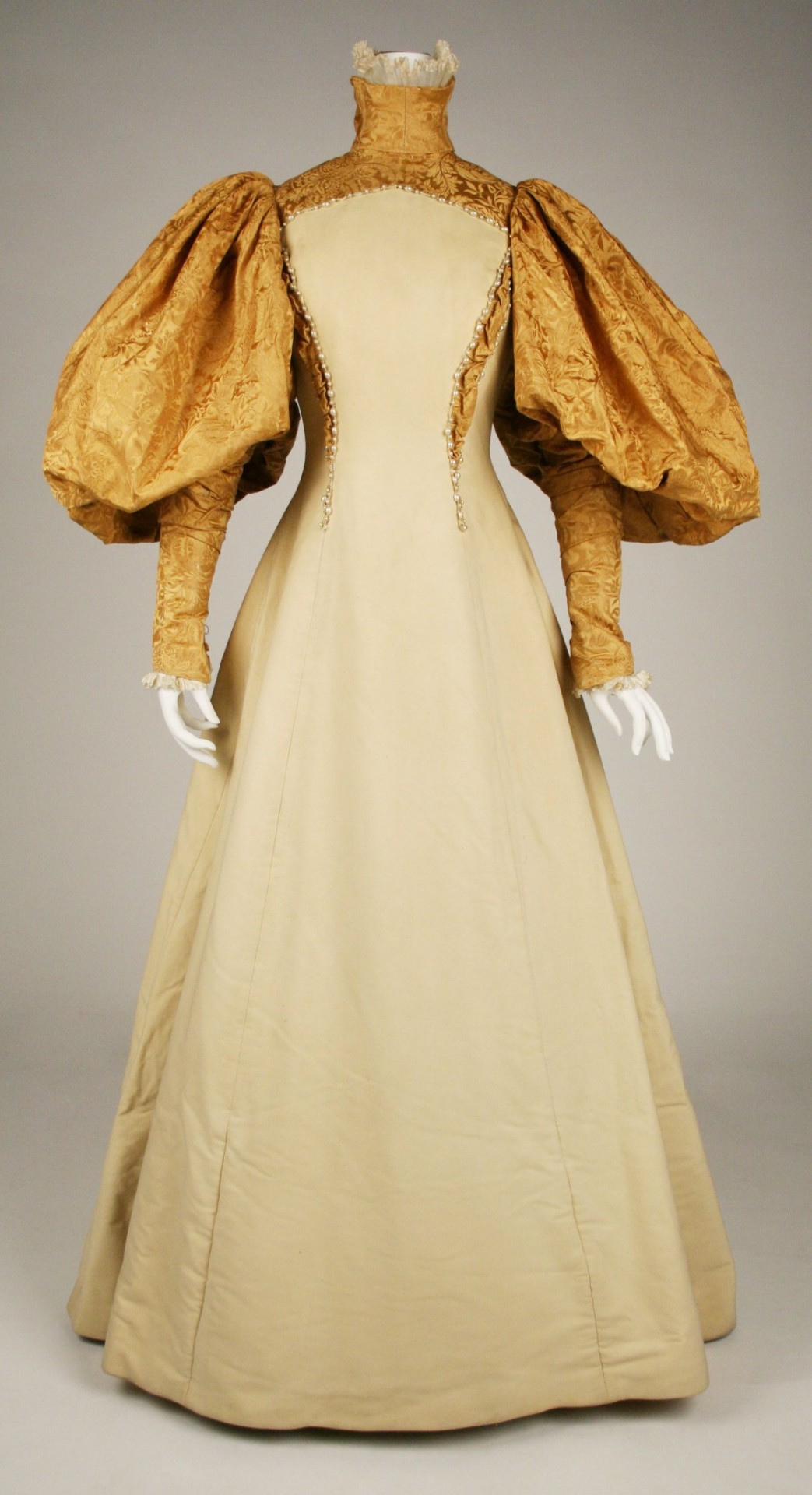
• Bridesmaid Dress.
Department Store: A. F. Jammes (United States)
Design House: copy of House of Worth (French, 1858–1956)
Date: 1896
#fashion history#history of fashion#dress#fashion#19th century fashion#19th century#19th century dress#bridesmaid dress#bridesmaid#A.F. Jammes#1896#copycat
3K notes
·
View notes
Text





phantom of the opera + twitter
#(in which meg and jammes team up to bully erik off of opera stan twitter)#it's kind of just common knowledge that there's this weird guy that runs a stan account for christine and no one knows who he is#he has like 3 followers and tweets at least 100 times per day#two of the followers are erik's alt accounts he uses for stalking and the one real follower is the daroga#the daroga is verified on twitter for some reason despite no one really knowing who he is either#people wonder why this random verified account follows erik and the daroga literally never tweets so it's just this huge mystery#people make threads on erik all the time like “why @diefordaae is problematic” and he just retweets them#phantom of the opera#poto shitpost#poto#poto twit
245 notes
·
View notes
Text

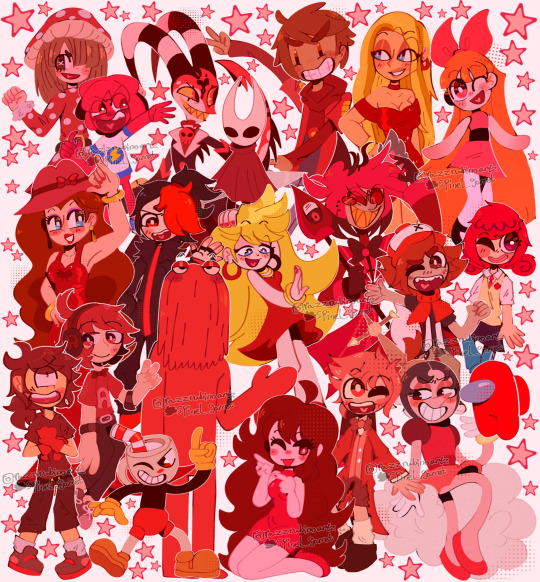
RED ASSEMBLE ❤️❤️❤️
Red is now finally done and yellow and Green would be next!
Also it took me like months for days!
#fanart#red characters#red#color red#bravest warriors#powerpuff girls#panty and stocking#helluva boss#hazbin alastor#mha#td blaineley#totaldrama#alphabet lore#dhmis red guy#dhmis#cuphead show#bangleschool#bento mr klaus studio#hollow knight#jelly jamm#friday night funkin#quiplash#among us
82 notes
·
View notes
Text

74 notes
·
View notes
Text
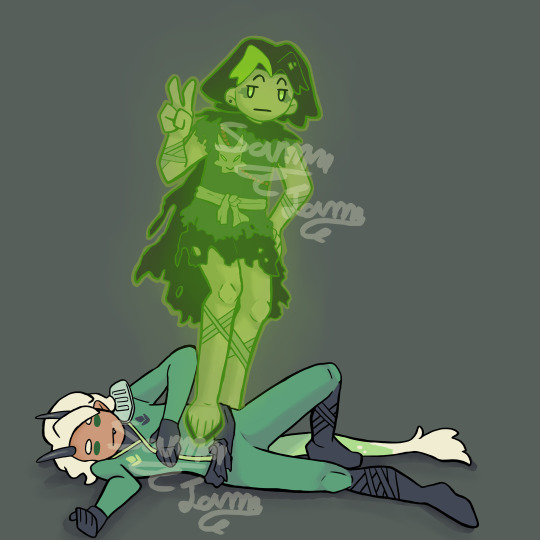
no ninja were harmed
#green cousins#jamm art#in my ninjago era#morro <3#little ghosite guy#ninjago morro#morro ninjago#morro wu#ninjao#lego ninjago#llyod garmadon#lloyd ninjago#ninjago lloyd#fanart#my art#art#digital#new hyperfixation#:)#still dont know how to tag#still dont know what im doing#still dont know how tumblr works#sjamm art
166 notes
·
View notes
Text
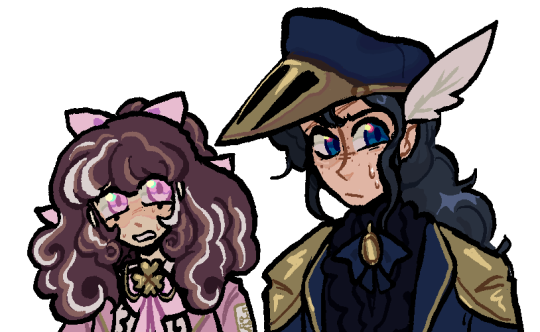

I realized I never posted my Limbus Raoul design here so! Here he is the boy! (Also Jammes is here too, they’re both looking for Christine and are both currently La Garnier Office fixers. Jammes is part of the Corps de Ballet portion of there which has pink uniforms c:)
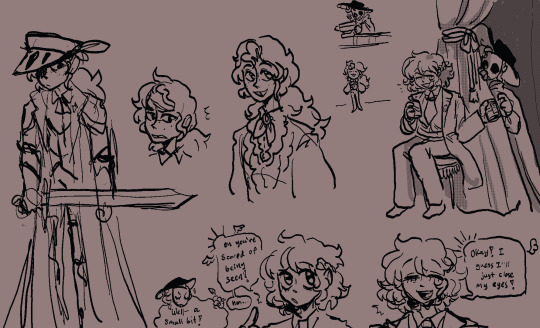
And some pre-incident scrunglies! Also will add that
- Raoul wears his hat specifically to hide the scar he got from headbutting Erik and his cracked mask cutting him.
- Christine probably has never gotten a real good look at Erik prior to said incident because he has said he doesn’t want to be looked at.
#artists on tumblr#digital art#oc#limbus company#phantom of the opera#limbus oc#raoul de chagny#erik phantom#Cecile Jammes#Christine Daae#Iker Leroux
23 notes
·
View notes
Text
The world isn't ready for my "As a Native 'aMeRiCaN', I find Rhaenyra Targaryen comparable to and actually less frustrating than Leslie Knope," take.
Which is good, because I'm not QUITE ready to make it.
#yes the greens are Jeremy Jamm in this situation#asoiaf#hotd#fire and blood#rhaenyra targaryen#The thing is even if you think Leslie is uplifted by and in turn uplifts an exploitative settler-colonial system#That's still no reason to root for Jeremy Jamm????
21 notes
·
View notes